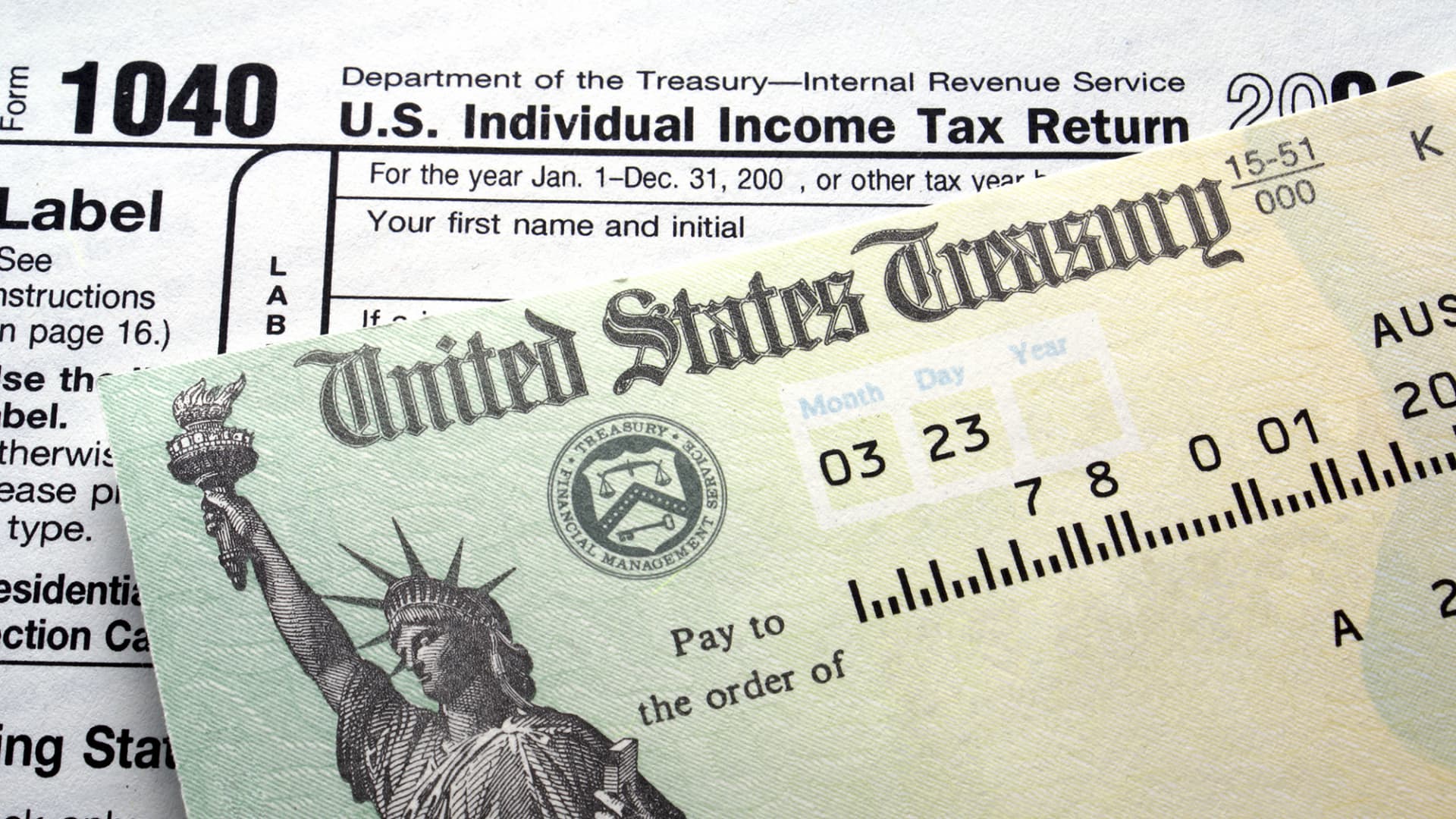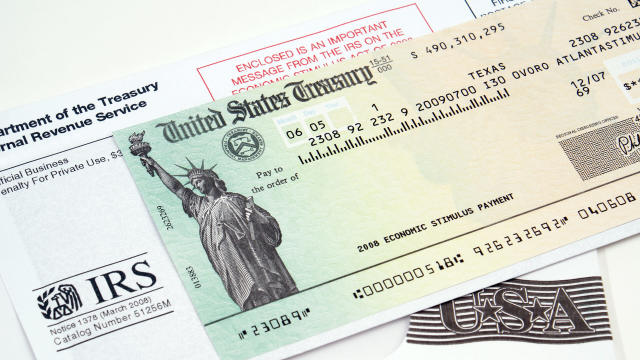As tax season approaches, a cloud of financial unease envelops Americans, with a substantial number anticipating reduced tax refunds for the 2023 tax return compared to the previous year. A survey conducted by TaxAct unveils that 25% of respondents foresee smaller refunds, reflecting heightened uncertainty as the effects of COVID-era relief programs wane.

Photo from Google
Decline in Refunds Tied to End of Relief Programs
The anticipation of diminished tax refunds in 2024 is linked to the expiration of COVID-era relief programs that artificially boosted refunds in recent years. The TaxAct survey underscores the impact of these support measures no longer being in effect, signaling a potential shift in the financial landscape for taxpayers this tax season.
The fluctuation in refund amounts is highlighted by the survey, revealing that roughly 25% of respondents expect an increase in their refunds. The contrast reflects the intensified uncertainty and varied expectations surrounding the forthcoming tax season.
Beyond the size of tax refunds, taxpayers grapple with anxieties related to filing. The survey discloses concerns about filing incorrectly (35%), difficulty understanding deductions (37%), and fears of being audited (29%), indicating a pervasive sense of uncertainty and apprehension among taxpayers.
READ ALSO: Pastor Uses $1.3M From A Crypto Sale To Improve His Home And Says God Told Him To Do It
Understanding the Impact and Navigating Tax Season
The recent fluctuation in tax refunds is attributed to pandemic-related policies. In 2022, average tax refunds experienced a 2.6% decrease due to the expiration of relief measures, such as stimulus checks and the expanded child tax credit. These measures played a crucial role in augmenting refunds, mitigating the financial impact of the pandemic.
While a smaller tax refund may cause apprehension, it doesn’t necessarily indicate a negative outcome. It could signify that individuals have been overpaying taxes throughout the year, offering the government an interest-free loan. Taxpayers are encouraged to file early to expedite the refund process, with specific tax credits possibly causing delays until mid-February.
Despite concerns, eligible taxpayers in select states have the option to file for free through the new Direct File pilot, set to undergo beta testing this tax season. Additionally, the expansion of the Free File program provides individuals with an adjusted gross income (AGI) of $79,000 or less in 2023 additional avenues to navigate the tax-filing process effectively.

















































